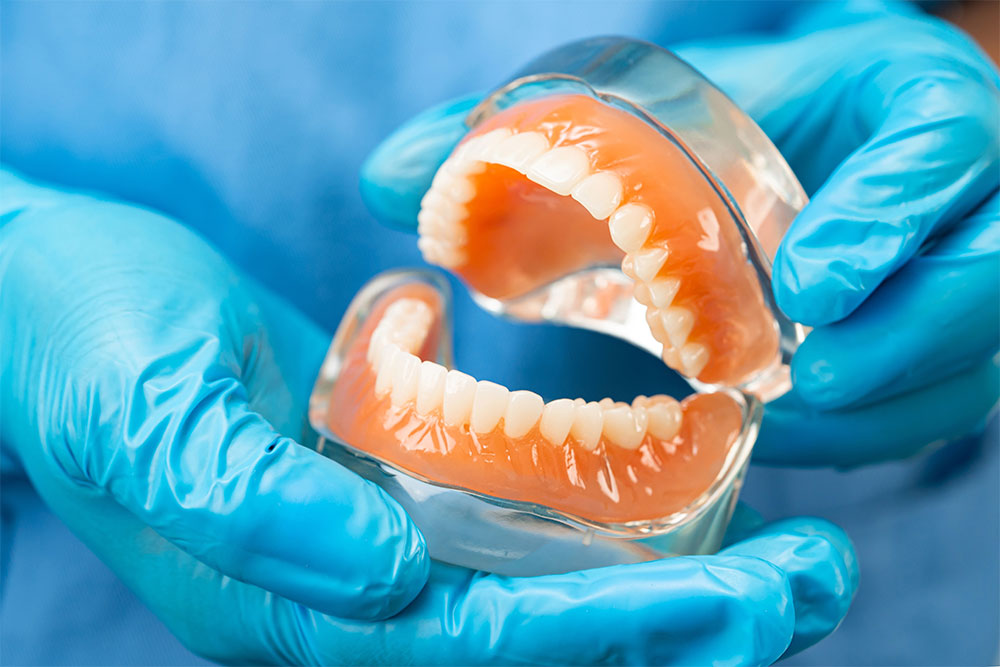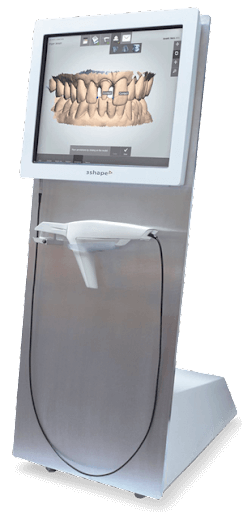Designing dentures might seem straightforward, but even minor missteps during the process can lead to major issues for your patients. Poor fit, speech problems, discomfort, and aesthetic concerns often stem from common denture procedure mistakes made during the planning and fabrication stages.
At Next Dental Labs, we’ve seen how addressing these minor errors can significantly enhance denture outcomes—and save dentists time, money, and frustration.
Uneven Contact Points

One of the most frequent problems is uneven denture contact. Dentures should contact opposing teeth or dentures evenly. When they touch early in one area, it creates instability. This imbalance can cause dentures to flip, break the suction seal, and let food or saliva sneak underneath, leading to discomfort and gum irritation. A dynamic fitting approach is necessary to ensure dentures maintain a proper, balanced contact during functional movements.
Wrong Denture Height
Another overlooked factor is vertical dimension—the height of the dentures when the mouth is at rest or closed. When this height is incorrect, the entire facial structure can suffer. Dentures that are too short cause the lower face to look collapsed and aged, while dentures that are too tall prevent the mouth from closing properly, leading to jaw strain and difficulty chewing or speaking.
Poor Positioning of the Front Teeth
Front denture teeth aren’t just for smiling—they’re crucial for biting, speaking, and lip support. When dentures are placed incorrectly, patients can struggle to bite into food or speak clearly. One of the most noticeable issues is trouble pronouncing sibilant “s” sounds or the development of a lisp.
Even worse, if the teeth are placed too far back, the lips lose support, creating a sunken facial appearance. This mistake can affect denture function and the patient’s self-confidence.
Incorrect Denture Edges
The outer edges of a denture may seem like a minor detail, but they play a big role in retention and comfort. Edges that don’t extend far enough may not provide the necessary suction for the denture to stay in place. On the other hand, they can cause gagging, interfere with saliva flow, or irritate soft tissues if they’re too long. Denture borders that encroach on the muscles of the cheek or tongue can also cause the dentures to shift or dislodge during speech or eating.
How Next Dental Labs Can Help
At Next Dental Labs, we focus on helping dentists avoid these costly and time-consuming errors. With more than 50% savings compared to other labs—and the same or better quality—we’re your go-to partner for well-designed removable dentures, as well as hybrid dentures. We understand the nuances of denture fabrication and work closely with you to deliver accurate, comfortable, and functional results for your patients.
Avoiding denture procedure mistakes isn’t just about improving patient satisfaction—it’s also about protecting your practice’s reputation and efficiency. With the help of our expert team, you’ll feel confident in every case you take.

